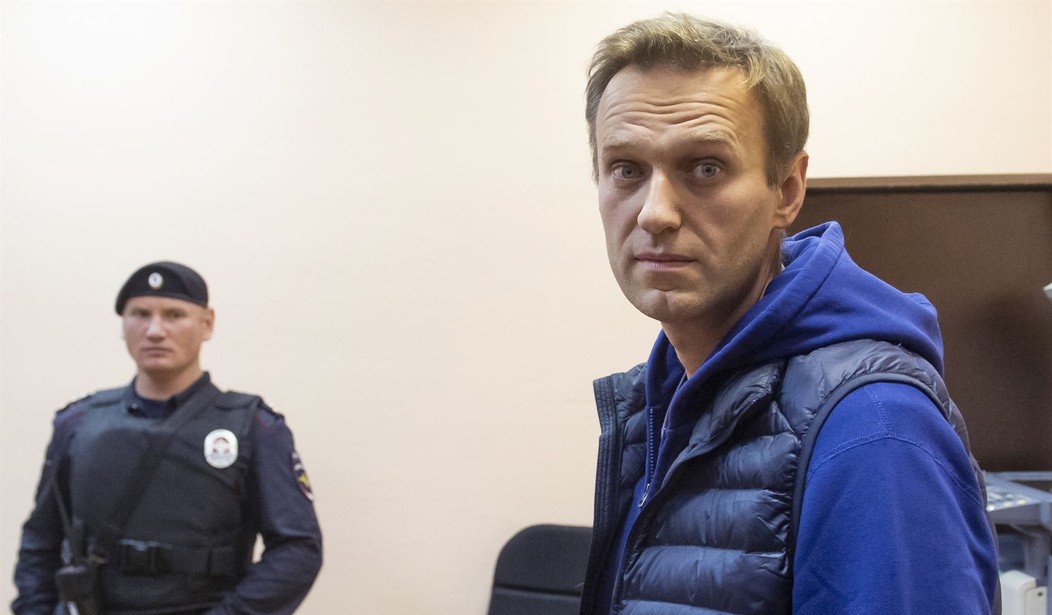In a tragic turn of events, Russian dissident Alexei Navalny died while being imprisoned in a Russian penal colony. The announcement of his death left a lengthy trail of speculation, unanswered questions, and global outrage over the nature of his demise.
Now, it has been reported that the Russian government told Navalny’s mother that he died from “sudden death syndrome.”
Alexei Navalny's mother was told on Saturday that Russia's most prominent opposition leader had been struck down by "sudden death syndrome" and that his body would not be handed over to the family until an investigation was completed, his team said.
Navalny, a 47-year-old former lawyer, fell unconscious and died on Friday after a walk at the "Polar Wolf" penal colony in Kharp, about 1,900 km (1,200 miles) northeast of Moscow, where he was serving a three-decade sentence, the prison service said.
Sudden death syndrome is described as “a vague term for different cardiac syndromes that cause sudden cardiac arrest and death.”
It is not clear where Navalny’s body is at the moment.
Naturally, Russia’s claims of “sudden death syndrome” have been met with skepticism and suspicion. The conflicting reports about the location of his body have added to the lack of trust. However, it was revealed in other reports that there were bruises on Navalny’s body, which suggests possible violent treatment against him.
An anonymous paramedic claiming to work for the morgue told independent news outlet Novaya Gazeta Europe that the bruising was consistent with a person being held down while suffering a seizure.
"Usually the bodies of people who die in prison are taken straight to the Bureau of Forensic Medicine on Glazkova Street, but in this case it was taken to the clinical hospital for some reason," the anonymous paramedic told the outlet.
The official line being disseminated by the Kremlin is that Navalny fell unconscious after reporting feeling “unwell” after taking a walk. He died shortly after.
This narrative is being challenged by Navalny’s spokesperson, Kira Yarmysh, who accused the Russian government of murdering him.
Others, like RedState’s Streiff have suggested that the dissident’s death was intended to send a message.
If Navalny wasn't deliberately murdered, he was killed through calculated cruelty. And that death, one way or another, was due to Putin's orders. It takes a degree of turning a blind eye to ignore the fact that he died thirty days before Putin's triumphal reelection. That his death took place on the day his wife was scheduled to address the Munich Security Conference also seems problematic. If we ignore the relatively small possibility that Navalny died without human intervention, then we have to assume his passing had a purpose.
Because Navalny could've stood too close to a window at any time for the last decade or so or had a bad curry, we have to assume that Navalny's passing in a Russian punishment labor camp at this time was to send a message. To internal opponents the message is, "I don't care how many Western prizes you win, if you color outside the lines I will kill you." To the West, the message is, "F*** you and your democratic opposition. My house, my rules." And to the Russian "establishment" opposition that may be coalescing inside the oligarchy and security services, "I just whacked the darling of the West and told them to FOAD. Do you really think anyone will care if I kill you?"
As the world watches, the calls for truth and accountability continue to grow louder. Navalny’s legacy will continue to resonate as a landmark moment in the global battle against authoritarianism.













Join the conversation as a VIP Member